How Bangladesh’s Apparel Industry Can Adapt to EU Sustainability Rules

The Daily Star and Solidaridad jointly organised a roundtable on "Bangladesh's Apparel Edge: Meeting the European Union's New Sustainability Directive (EUCSDDD)" on November 13, 2024, at The Daily Star Centre in Dhaka. Speakers at the roundtable emphasised the country's readiness to comply with the EUCSDDD, given that the EU market holds a significant share of Bangladesh's garments and apparel exports. Ensuring the sustainability of the Bangladeshi garment and textile industry is essential to fostering the country's economic growth.
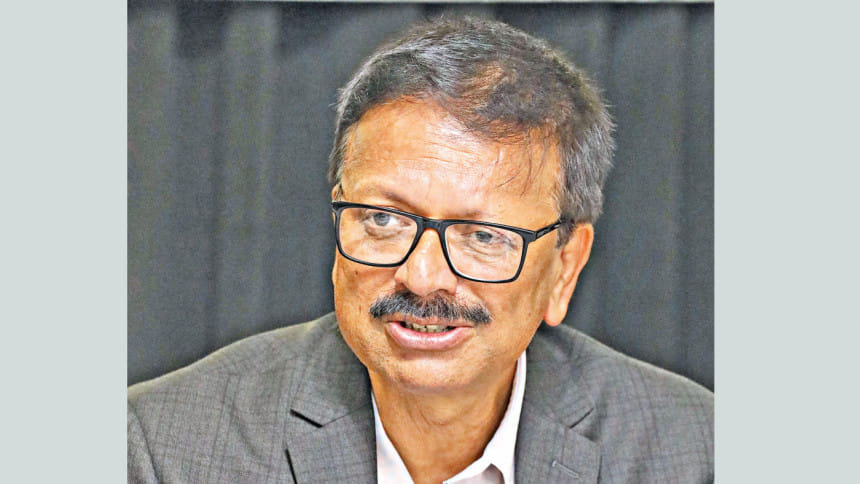
Selim Reza Hassan, Country Manager, Solidaridad
The apparel industry is vital to Bangladesh's economy, employing millions. The industry's sustainability requires significant attention, particularly with the European Union's Corporate Sustainability Due Diligence Directive (EUCSDDD). This directive will reshape trade relations and establish new business standards for Bangladesh's textile and apparel sector within the EU market.
While compliance with the directive offers opportunities to maintain and expand market share, it also presents challenges, including the need for significant investment in social and environmental improvements, particularly addressing wages and living incomes. The industry's low-margin, high-volume business model complicates this process, and brands' moves towards net-zero and climate-positive production practices require further investments in energy and resource efficiency.
Bangladesh must focus on enhancing worker productivity, adopting resource-efficient production methods, and negotiating fair pricing with brands to overcome these challenges. The EUCSDDD provides an opportunity to improve social and environmental compliance, promote cleaner production, and establish fairer value chains. Bangladesh must adapt to this global shift, actively participate in sustainability initiatives, and engage in dialogues to secure a sustainable, resilient, and competitive textile sector. Additionally, the country must adopt carbon-neutral production practices to align with the 'Net Zero' concept.
Having already positioned itself as the second-largest exporter of ready-made garments globally, Bangladesh can successfully comply with brands' sustainability agendas if industry associations, civil society organisations, and the government work together. This collaborative effort will make compliance with the EUCSDDD more achievable and strengthen Bangladesh's position as a sustainable production hub for garments and apparel in the international market.
Compliance with the EUCSDDD will result in better trade relations with the EU market by:
1. Enhancing the protection of human rights and the environment.
2. Improving risk management (including liability risks), resilience, innovation, and competitiveness for more sustainable business operations.
3. Creating a level playing field for long-term trade relations.
4. Improving workers' living conditions, ensuring the sustainability of the industry.

Mohammad Abdullah Yousuf Khan, Programme Manager, Textiles & Apparel, Solidaridad
The CSDDD is designed to promote a sustainable global economy by enforcing processes to improve human rights, labour rights, and environmental protection. It applies to large EU companies and affects those with supply chains outside the EU, such as Bangladesh's garment industry. These EU companies are required to identify risks in their supply chains and take action to mitigate them. They must also ensure transparency, monitor the effectiveness of their efforts, and embed responsible business practices into their operations. The directive includes a requirement for companies to cooperate in remediation when adverse impacts occur, providing remedies in collaboration with affected stakeholders.
The directive came into force in 2024 and will be gradually implemented until 2029. By 2027, it will apply to EU companies with more than 5,000 employees and €1.5 billion in annual turnover. By 2028, it will extend to businesses with over 3,000 employees and €0.9 billion in revenue. In 2029, it will cover companies with 1,000 employees and €0.45 billion in turnover. This staged implementation means that, by 2029, the directive will apply to a wide range of EU companies, emphasising the importance of due diligence, transparency, and sustainability.
The directive introduces legal and financial implications for EU companies, including civil liability, sanctions, and fines. Companies failing to comply could face lawsuits, compensation claims, and substantial financial penalties. These consequences underscore the importance of compliance and proactive risk management.
To remain compliant, factories must map out their entire supply chain and identify risks, including those related to raw materials. Digital tracking systems can enhance transparency and monitor the movement of goods. Factories should strengthen internal systems to align with local and international regulations, regularly assess risks through audits, and adopt environmentally friendly production methods.
In addition, business associations in Bangladesh have a critical role in helping suppliers navigate the evolving compliance landscape. The government plays a crucial role in ensuring compliance with global sustainability standards. Strengthening labour and environmental regulations, introducing national grievance mechanisms, and offering financial support to SMEs will help suppliers meet international expectations. By taking these proactive steps, Bangladesh's apparel sector can strengthen its compliance, mitigate risks, and contribute to a more sustainable global supply chain.

Dr. Mohammad Abbas Uddin Shiyak, Associate Professor, BUTEX
Bangladesh's apparel sector has played a significant role over the past 40–50 years, despite facing various challenges such as labour unrest. One of its key advantages lies in the availability of cheap labour and affordable products. Historically, countries like Germany after World War II were known for being the cheapest producers of technology. Similarly, Korea and China followed this path but later transitioned towards value-added products. Today, these nations compete at the highest levels, with their companies rivalling giants like Tesla.
In contrast, over the last 40–50 years, Bangladesh has struggled to shift towards value-added production. The EUCSDDD could provide a strategic advantage in this regard. Proactiveness within the industry will be crucial.
However, this transformation might push small and medium enterprises (SMEs) out of the market. Large corporations are likely to continue growing, as established businesses tend to attract more opportunities and possess the resources to adapt.
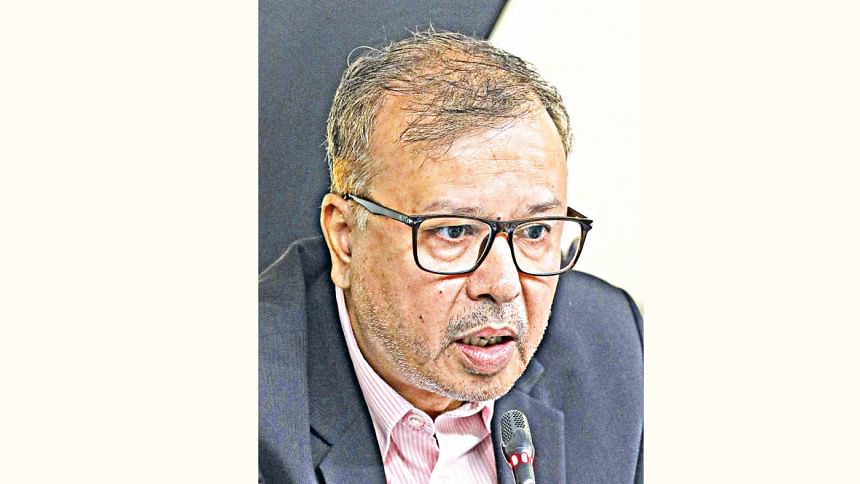
Mohammed Zahidullah, Chief Sustainability Officer, DBL
As suppliers, our primary responsibility is to develop our capacities. This requires investment in market systems to support industry personnel. While we already have many qualified individuals in the sector, we need more strategic thinkers. Previously, the focus was on operational tasks; now, there is a shift towards strategic approaches.
Meeting EUCSDDD standards is an expensive endeavour. Furthermore, we do not receive fair prices from buyers, and there is a pressing need for transparency in pricing. As the cost of raw materials and labour rises, the prices of finished products continue to decline. This makes it challenging for the industry to invest further in sustainability. With the right pricing model, however, sustainability becomes achievable.
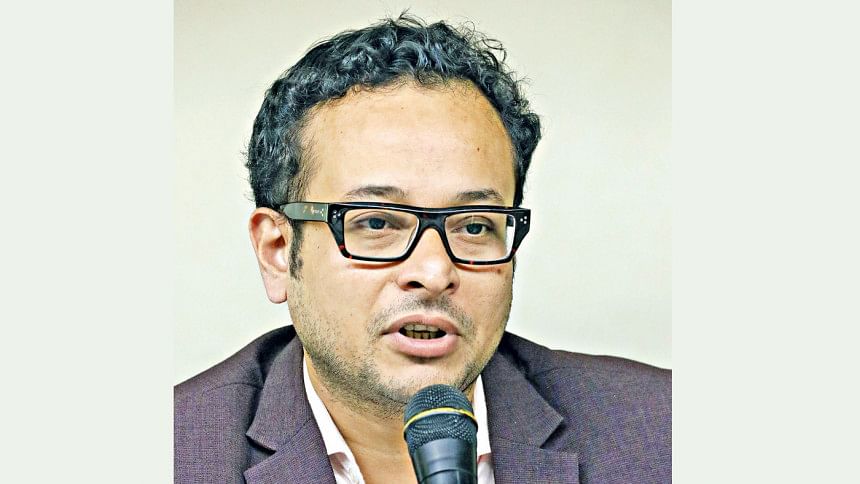
Mohammad Monower Hossain, Head of Sustainability, Team Group
Data is a decisive factor when it comes to effectively aligning with all directives. However, apart from the top 200 companies, data collection systems remain inadequate, particularly for SMEs. Buyers face a significant gap in this area. Consumers' unwillingness to pay more cannot serve as an excuse; rather, it's about how pricing strategies are communicated and justified.
One notable initiative under the BGMEA was the development of a data disclosure platform for sustainability. This initiative was specifically tailored to support SMEs.
Brands also need to bear increased responsibility under legal directives. They cannot simply approve or disapprove of companies by ticking compliance boxes. Instead, brands must work collaboratively with their value chain partners. Bangladesh's RMG industry has consistently emerged stronger from every challenge it has faced and is well-positioned to comply with the EU CSDDD.

Willem Grimminck, Director, One to Watch
Sustainability is already a key focus for business leaders; however, it must also be reflected in their operations. European buyers need to know where their products come from and whether the production processes are fair and sustainable, benefiting both people and the planet. Replacing fossil fuels with renewable energy is a quick win for garment factories in Bangladesh to stay competitive with EU buyers.
Brands also need to contribute to sustainability improvements through smart financial instruments, capacity building, and technology. Buyers must take responsibility for sustainability in the supply chain by ensuring fair pricing and transparency in business data to support sustainable business case development.
One to Watch provides green financial solutions to companies, helping them reduce emissions in line with the EU Corporate Sustainability Due Diligence Directive (CSDDD). Our work holds significant potential in Bangladesh, where the CSDDD presents a major opportunity for the apparel sector.
As a company or factory, it is essential to think about the next generation of leaders and workers. Brands in the Netherlands are actively engaging with sustainability issues, and factories and companies can support these brands by offering insights and recommendations. Additionally, skill development within the apparel sector and financing sustainable initiatives are critical components of the CSDDD.
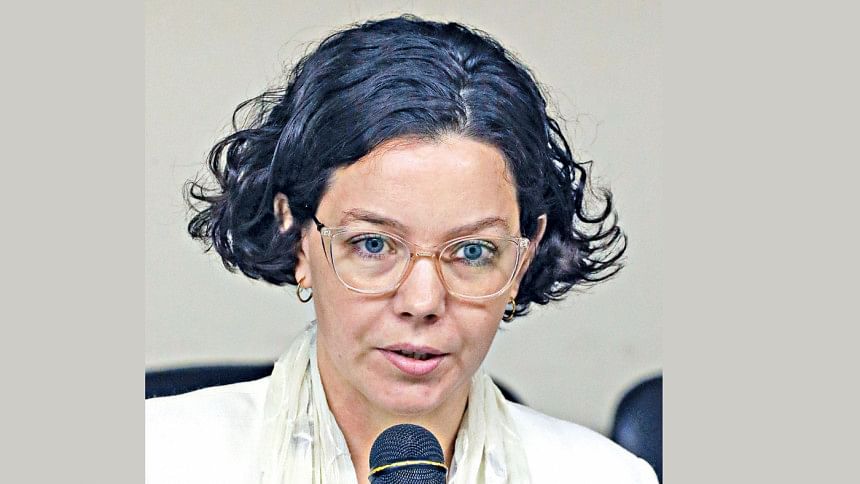
Dr Carla Dohmwirth, Implementation Lead, IGS, GIZ
One key feature that makes the CSDDD truly unique is its participatory approach. Effective stakeholder engagement plays a crucial role in this framework. Article 13 of the CSDDD mandates the involvement of stakeholders in key stages of the due diligence process, including risk assessments, the development of corrective action plans, and the provision of remedies to affected individuals. To ensure inclusivity, the article also requires international companies to address barriers that hinder stakeholders' participation. For example, companies must prevent retaliation by local employers against workers who engage in these processes.
This participatory model offers Bangladeshi workers and their communities a valuable opportunity to voice their concerns and needs directly to international companies. Their inclusion is vital for the success of due diligence, as those directly affected have the most accurate understanding of workplace and community conditions.
In addition to engaging stakeholders, the EUCSDDD empowers NGOs and workers' representatives to act as "watchdogs." They can file complaints against companies under the scope of the law with the competent supervisory authority in the European Union. Although establishing a direct link between a violation or risk and a company's actions can be challenging, the process has proven impactful. For instance, under Germany's Supply Chain Due Diligence Act (2023), several complaints against international companies garnered significant media attention, prompting those companies to take corrective measures.
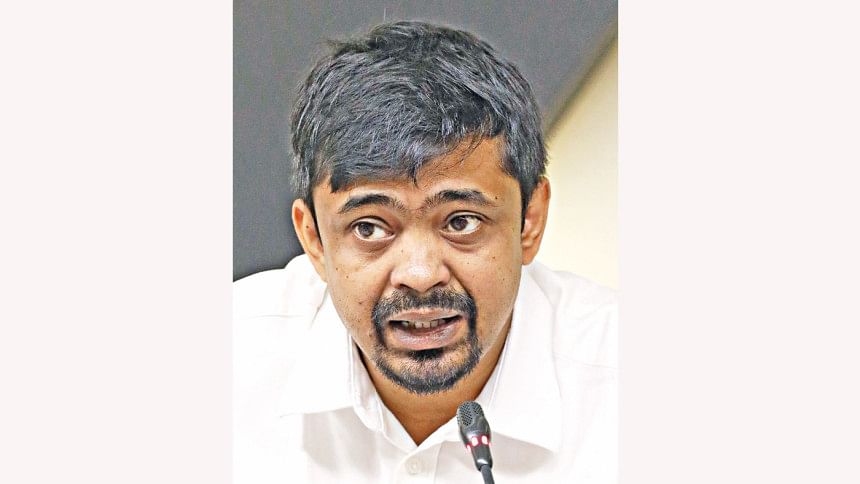
Ashfike Khalaque, Programme Coordinator, Fair Wear Foundation
We need to identify risks within the supply chain. One of our challenges in implementing the EUCSDDD is training, particularly with the introduction of new technological modules related to labour rights issues. Additionally, sustainability challenges, such as waste management, water conservation, and emission reduction, must be addressed.
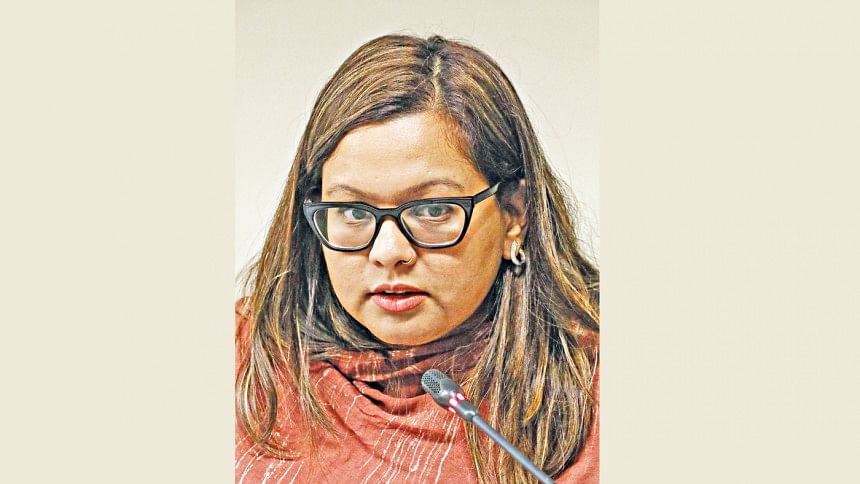
Tanzila Tajreen, Senior Policy Advisor, The Embassy of the Kingdom of the Netherlands in Bangladesh
Proactiveness is crucial. The existing and forthcoming regulations present a significant opportunity for progress. We must also explore diversification within our export basket. Within the RMG industry, there is considerable potential for diversification, and we should actively pursue these opportunities.
To remain competitive, we need to transition towards high-value production processes. Another critical issue for discussion is pricing, particularly in the countries where the brands are based. While our discussions on this matter may not yield immediate results, it is important to keep the conversation ongoing to maintain pressure.
Active engagement in sustainability is equally essential. The EUCSDDD emphasises worker safety and rights, as well as the environmental well-being linked to our production processes. Sustainability reporting demonstrates how environmentally friendly our companies are in their operations. Many of these measures are already in place, but more effective communication is needed to maximise their impact.

Ole Rosenborg Justesen, Sector Counsellor, The Embassy of Denmark, Bangladesh
The new EU directives on due diligence and ESG reporting have established a high standard for accountability and transparency, not only for European businesses but also for their suppliers outside the EU. We must not underestimate the challenges that our Bangladeshi partners will face in implementing these directives. This is why we are collaborating closely with the government, the business sector, and trade unions in Bangladesh to improve occupational safety, health standards, and regulations, among other areas.
It is crucial for Bangladesh to position itself competitively in the evolving landscape of ESG regulations. Strengthening the framework for investments in sustainable production processes, infrastructure, transport, and logistics is vital for Bangladesh to establish itself as a sustainable production hub.
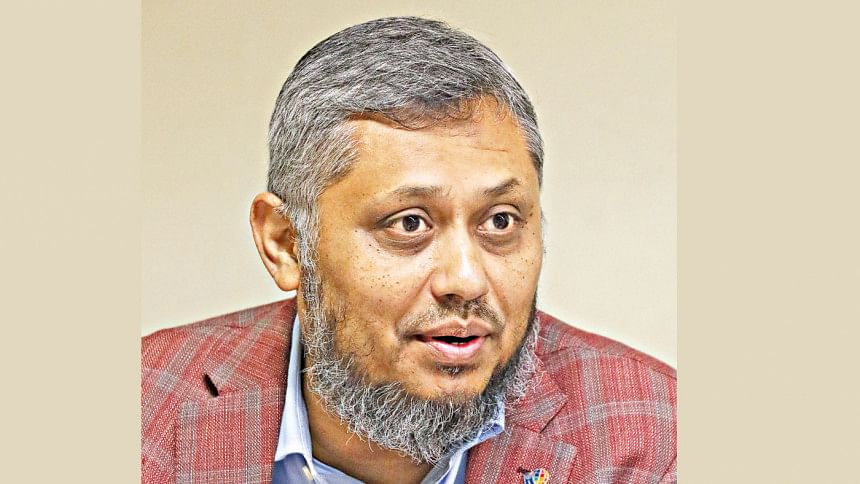
Fazlee Shamim Ehsan, Executive President BKMEA, Proprietor, Fatullah Apparels
As we know, the EUCSDDD is a guideline transitioning into law for all European countries, making it essential for us to prioritise compliance. Hence, I would like to urge all stakeholders to approach this with utmost care. While this is not entirely new to us, the reporting and grievance mechanisms must be conducted with precision. Therefore, I strongly encourage everyone to take the EUCSDDD seriously and implement it with the highest level of importance.
We already have two sustainable business hubs under BGMEA and BKMEA, and we have been developing active grievance mechanisms over the past two years. However, our approach must also evolve in a new direction. Thus far, we have focused primarily on the manufacturing aspect and have not adequately addressed the broader dimensions of sustainability compliance.
Sixty percent of our buyers are small and medium-sized companies with fewer than 500 employees, which means they do not fall under the same regulatory framework as larger buyers. To address this gap, we need to train our legal practitioners to handle situations where buyers breach their contracts. By implementing such mechanisms, we can ensure fair and long-term relationships between suppliers and buyers.
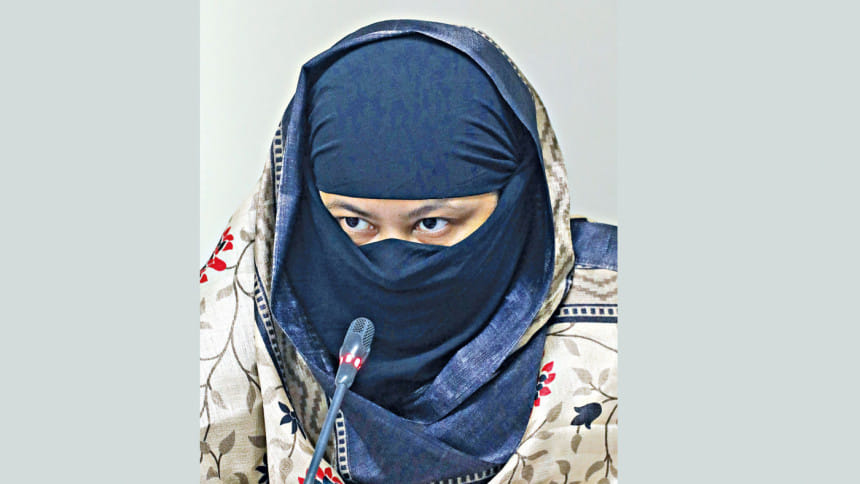
Shuly Aktar, Senior Assistant Secretary, Department of Inspection for Factories and Establishments
We learned about numerous standards following the Rana Plaza incident and had to work diligently to implement them. It is now essential to align our own standards with the EUCSDDD. The implementation process is complex and demands meticulous planning. To maintain focus throughout this process, we must establish a unified standard.
With only 44 inspectors currently in place, addressing all issues across all sections poses a significant challenge. This represents a considerable burden on the government, making it crucial to involve all stakeholders in the process.
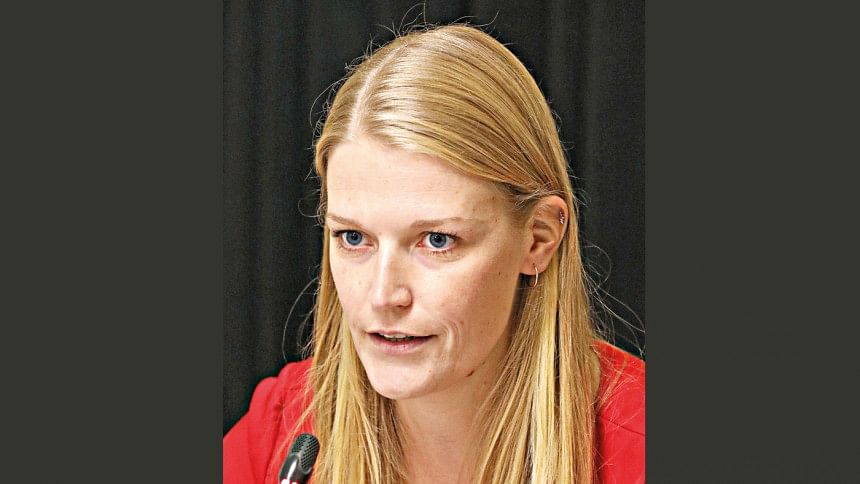
Sara van Hoeve, First Secretary, Economic Affairs & Private Sector Development, The Embassy of the Kingdom of the Netherlands in Bangladesh
The EUCSDDD aims to increase transparency and accountability across global supply chains, including Bangladesh as a production hub. It will support businesses in operating the right way, ensuring that business is not done at the expense of people or the environment. Together with brands, manufacturers, trade unions, and civil society organizations, the Netherlands and the Embassy of the Netherlands in Bangladesh are working to mitigate risks in the supply chains and ensure that business is conducted in an environmentally and socially responsible manner.
With the EUCSDDD, the guidelines and standards for responsible business will no longer be voluntary for many companies, particularly those in the EU. Over the past ten years, Bangladesh has made significant progress in sustainability compliance, which can be leveraged as a competitive edge in the future.
In the Netherlands, we consider it crucial to include the voices of supplier countries, such as Bangladesh, while discussing legislation.
The EUCSDDD will help create a level playing field. We must carefully examine the scope and impacts of this legislation on Bangladesh. This legislation safeguards supply chain transparency and sustainability by ensuring that buyers also take responsibility, something we must keep in mind.
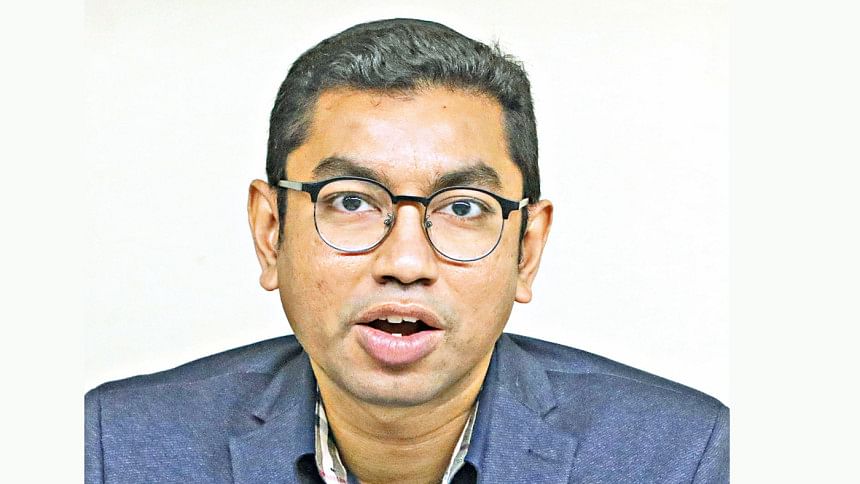
Tanjim Ferdous, In-charge, NGOs and Foreign Missions, Business Development Team, The Daily Star
The apparel sector is crucial to Bangladesh's economy, employing 4.4 million people, with women making up 60% of the workforce. The European Union (EU) is our largest market, accounting for nearly 70% of garment and textile exports.
The newly introduced EUCSDDD sets higher standards for transparency, human rights, and environmental compliance. While this presents challenges, it also offers opportunities for growth.
Recommendations
- Engage meaningfully with stakeholders to identify and mitigate risks, improving due diligence compliance and better positioning Bangladesh's textile and apparel industry in the EU market.
- Undertake a collective approach to incentivise the adoption of socially and environmentally responsible business practices, fostering a culture of compliance and sustainability.
- Introduce data-driven procurement processes to ensure transparency and accountability in the supply chain.
- Take climate-positive actions to achieve cleaner production and carbon neutrality in the supply chain, contributing to improved environmental sustainability.
- Foster multi-stakeholder collaboration with national and EU public authorities, industry associations, CSOs, and knowledge institutes to co-create solutions for a smooth transition towards capacity development, technological advancement, and climate-smart financial instruments aimed at improving sustainability in the supply chain.
- Encourage innovation and value addition to diversify Bangladesh's export basket, reducing reliance on low-margin products.
- Advocate for the integration of the EU Corporate Sustainability Due Diligence Directive (EUCSDDD) into national regulatory frameworks, including labour and environmental laws, to create a cohesive compliance structure aligned with global changes.

 For all latest news, follow The Daily Star's Google News channel.
For all latest news, follow The Daily Star's Google News channel. 


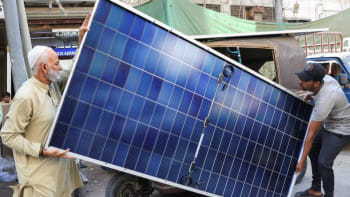
Comments